 Tetra Images/Getty Images
Tetra Images/Getty Images As Passover approaches, the Jewish community around the world prepares to commemorate the Exodus from Egypt and celebrate freedom. However, for individuals who are blind, visually impaired or have print disabilities, participating in this tradition can present challenges. Recognizing this, the Jewish Braille Institute (JBI), a longstanding nonprofit dedicated to facilitating access to Jewish life for those with disabilities, has launched its annual Haggadot campaign, providing free large print, braille and audio versions of the Haggadah to those in need.
“We serve 41 countries around the world including the United States, and I should note that we’re going to be increasing our on coverage to about 70 countries,” said Livia Thompson, JBI’s executive director.
Requests for the special Haggadot are coming from all around the world and are provided free of charge. Those who are visually impaired get an opportunity to participate in the Seder and read from the Haggadah like everyone else around the table.
“It’s very different when you are fully engaged rather than being a passive listener.” -Livia Thompson
“I just got a wonderful email from a woman who is visually impaired,” Thompson said. “She said to me that she was thrilled that this year she will be able to fully participate. She was so excited and grateful for that opportunity. That’s the message that we hear over and over again from people around the world. Our ability to provide them with Haggadah, which they can read or listen to, gives them a whole new sense of belonging. It’s very different when you are fully engaged rather than being a passive listener.”
JBI was established in 1931 and offers a diverse array of 18 different versions of the Haggadah, catering to various needs and preferences within the Jewish community. These include editions in multiple languages, denominational variations, and a specialized “digest” designed for communal seders, particularly suited for settings like nursing homes.
This year JBI had sent over 2,500 Haggadot as well as High Holy Day prayer books, calendars and other books. The organization has a group of over 70 volunteers who come into the sound studio and record audiobooks.
“We’re now starting to create opportunities for people to record books remotely, even in California,” said Thompson. “We are very proud of the fact that we are a one-stop shop where we create the books, we produce the books and we distribute materials. Because of the federal government, everything that we do is not only free to our clients, our patrons, but also the mail service in U.S. is free for us. We’re just very careful about how we spend our money.”
In a testament to their commitment to expanding accessibility, JBI has recently partnered with organizations to introduce new braille and large-print editions, including esteemed publications such as the “Mishkan HaSeder” from the CCAR Press, PJ Library’s “Family Haggadah” and the Chabad Haggadah.
Collaborating with PJ Library, JBI has also made an audio version available, enabling families to engage with the text and songs of the Haggadah in advance of the holiday. This innovative approach not only facilitates inclusion, but also fosters a deeper understanding and connection to the Passover narrative.
In a world where barriers often exclude the disabled from fully participating in cultural and religious traditions, JBI’s dedication to accessibility serves as a beacon of hope and inclusion. Through their efforts, they not only ensure that everyone can partake in the Passover Seder, but also uphold the fundamental principle of welcoming all to the table of Jewish life.
To access these resources, individuals can visit JBI’s website, call, or email to request a free large print, braille, or audio Haggadah for themselves or loved ones. Orders must be placed by April 11 to ensure delivery in time for Passover. While Haggadot are provided free of charge for individuals, institutions outside of New York City are requested to cover a modest fee to support production costs. However, thanks to an accessibility grant serving NYC, nonprofits within the city can receive Haggadot free of charge.
To learn more, visit www.jbilibrary.org.






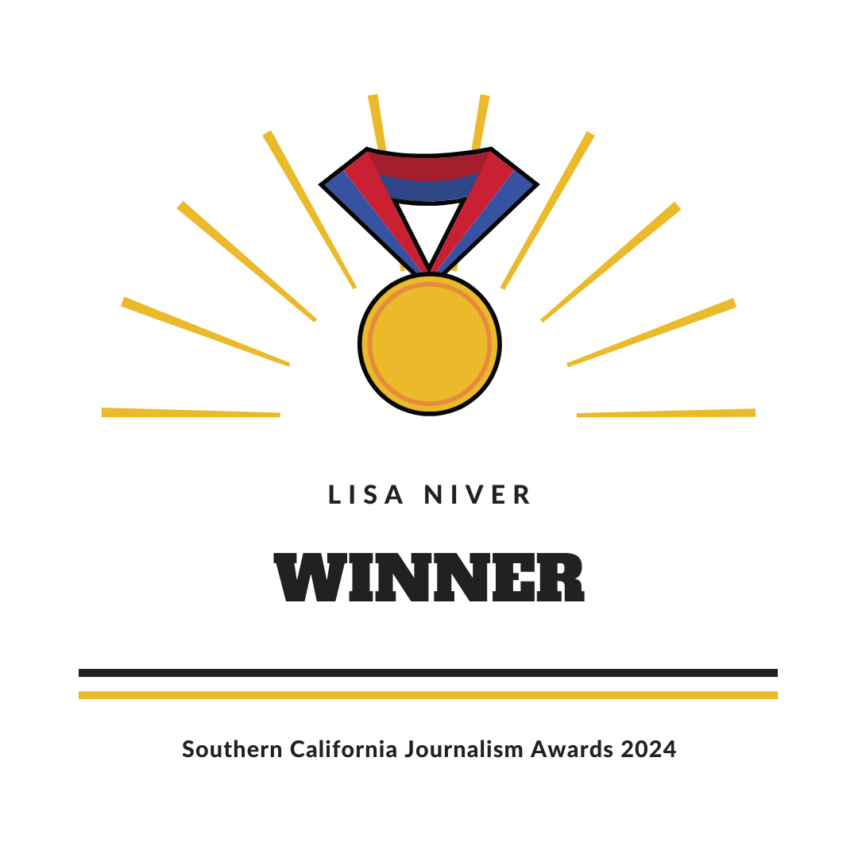


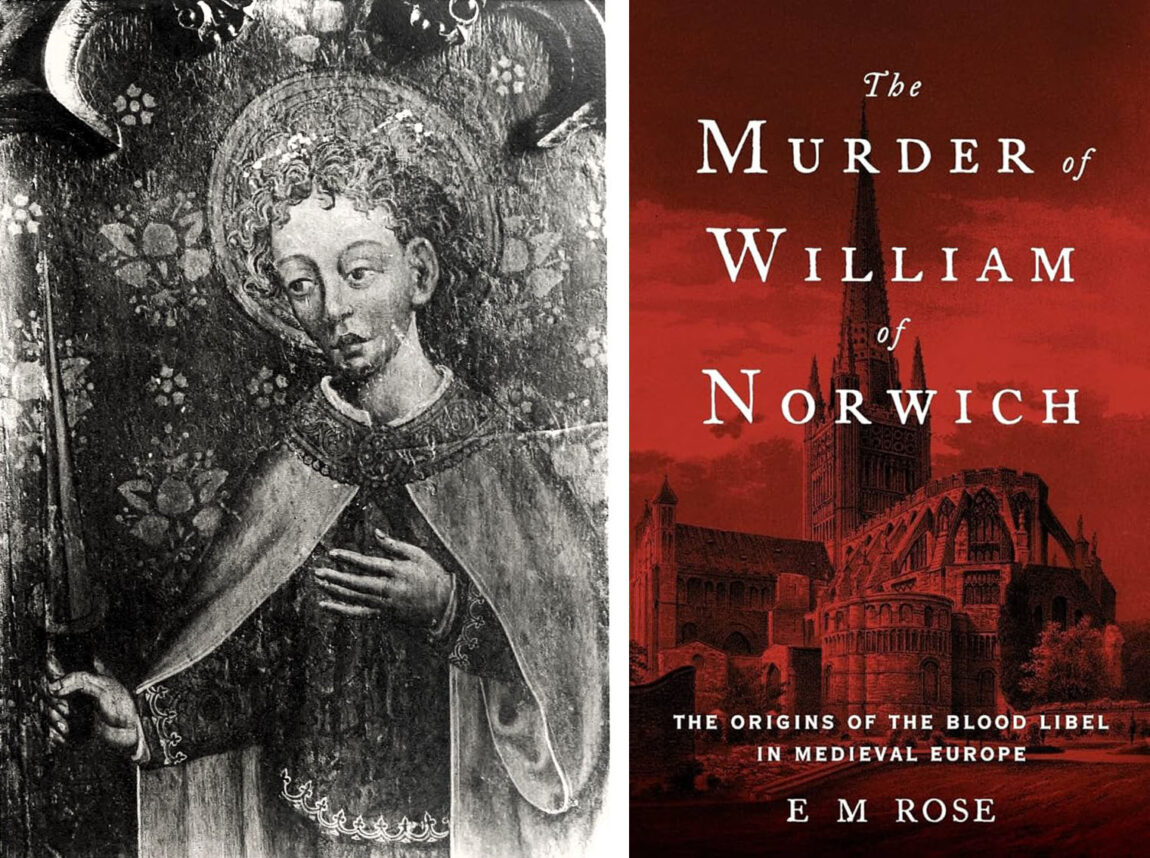
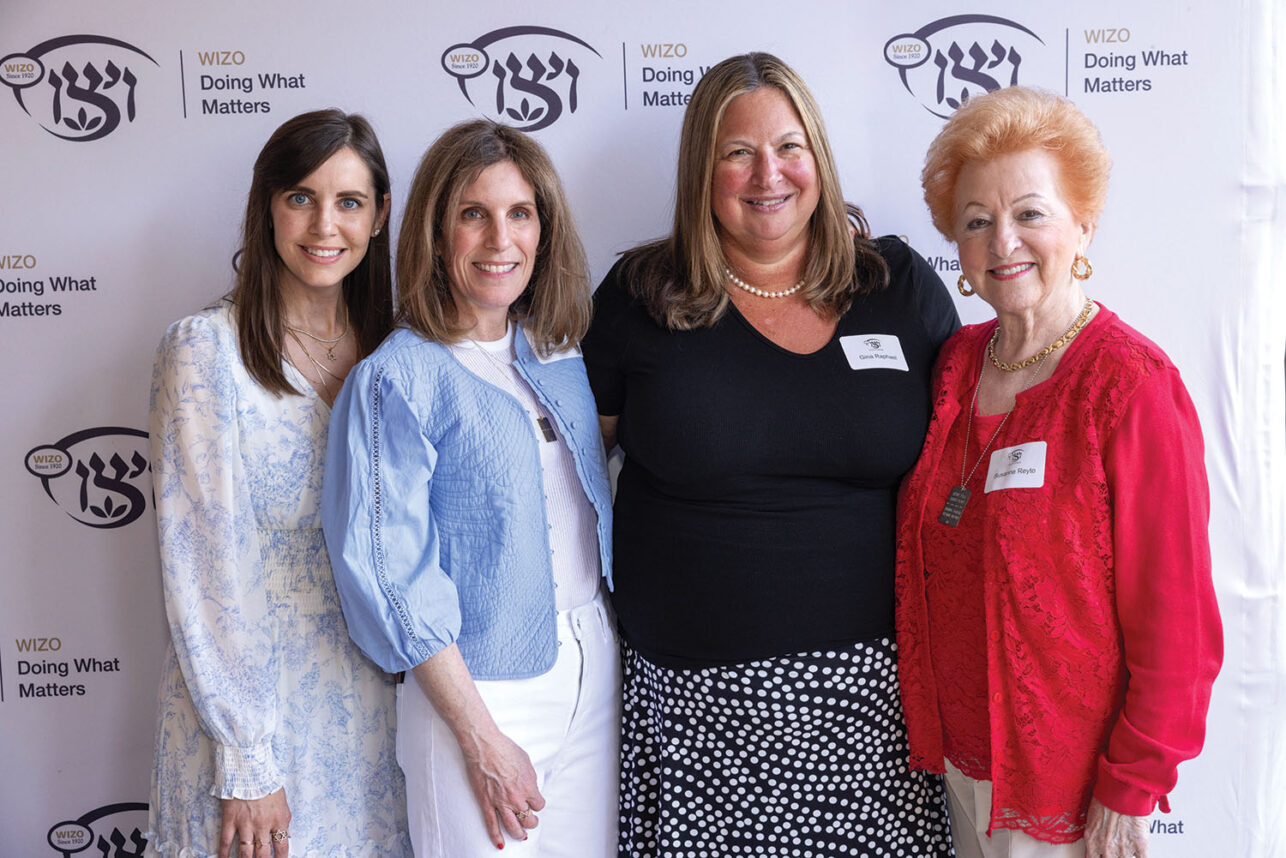
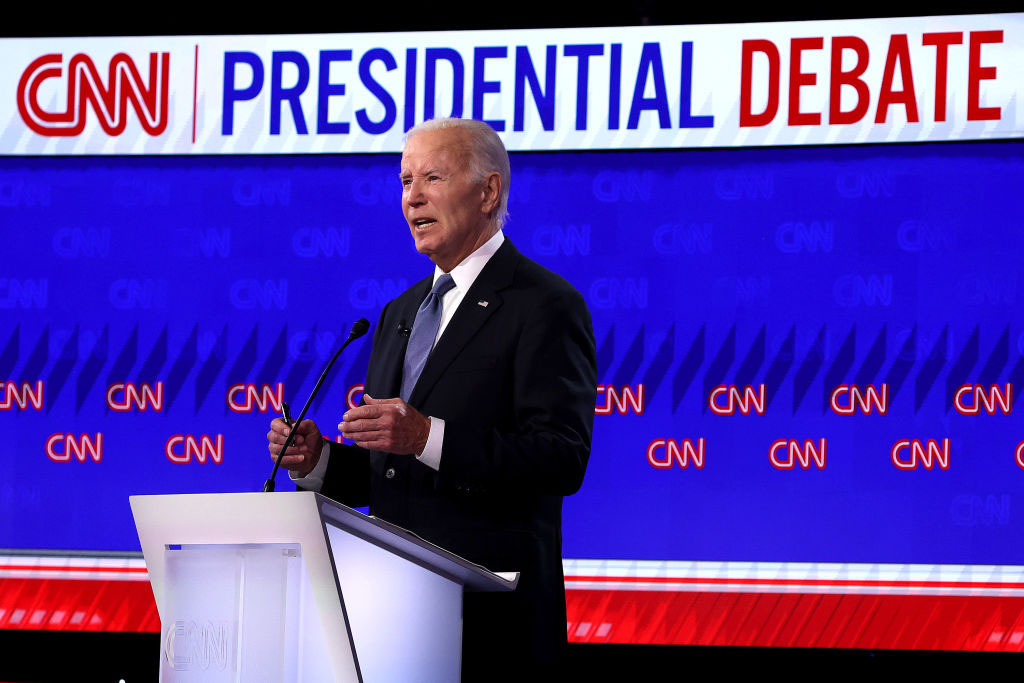
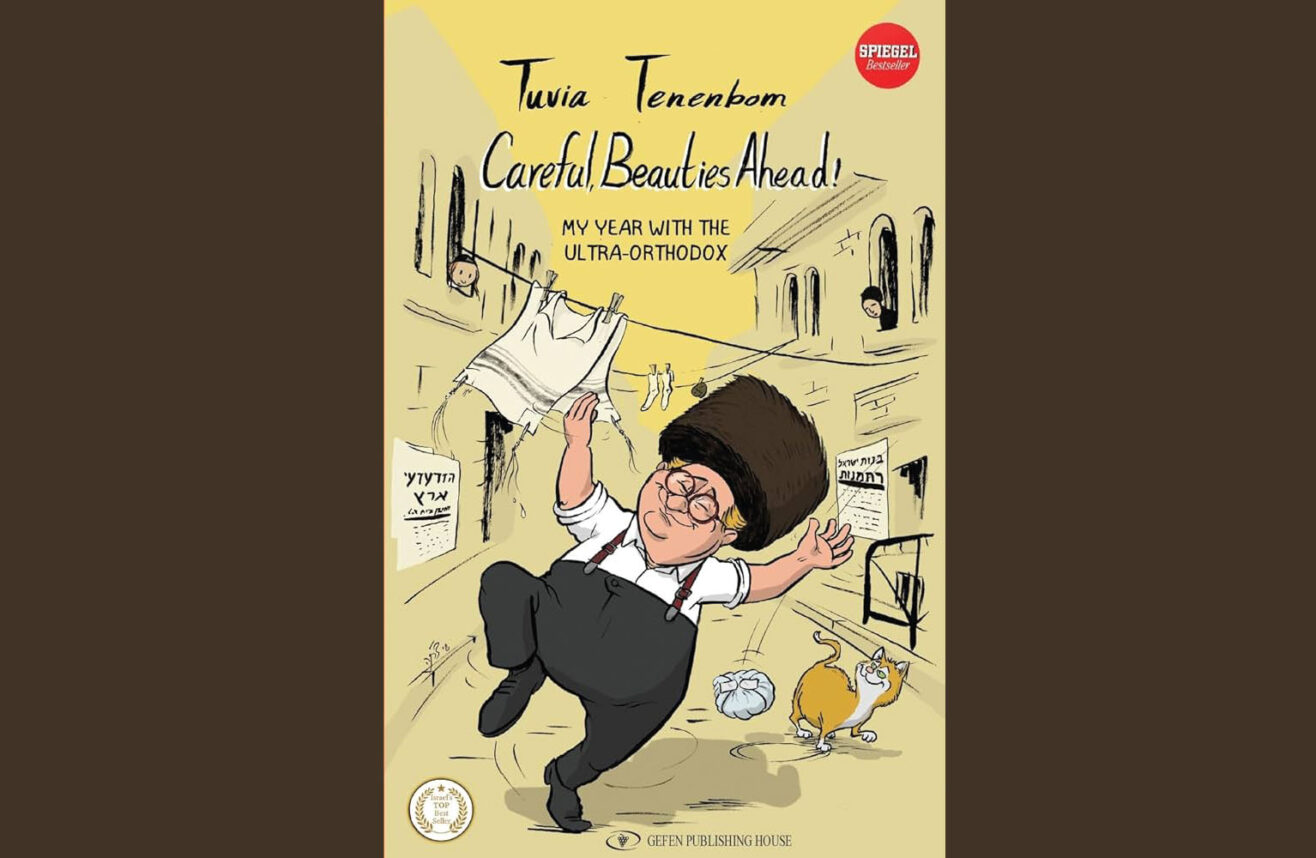
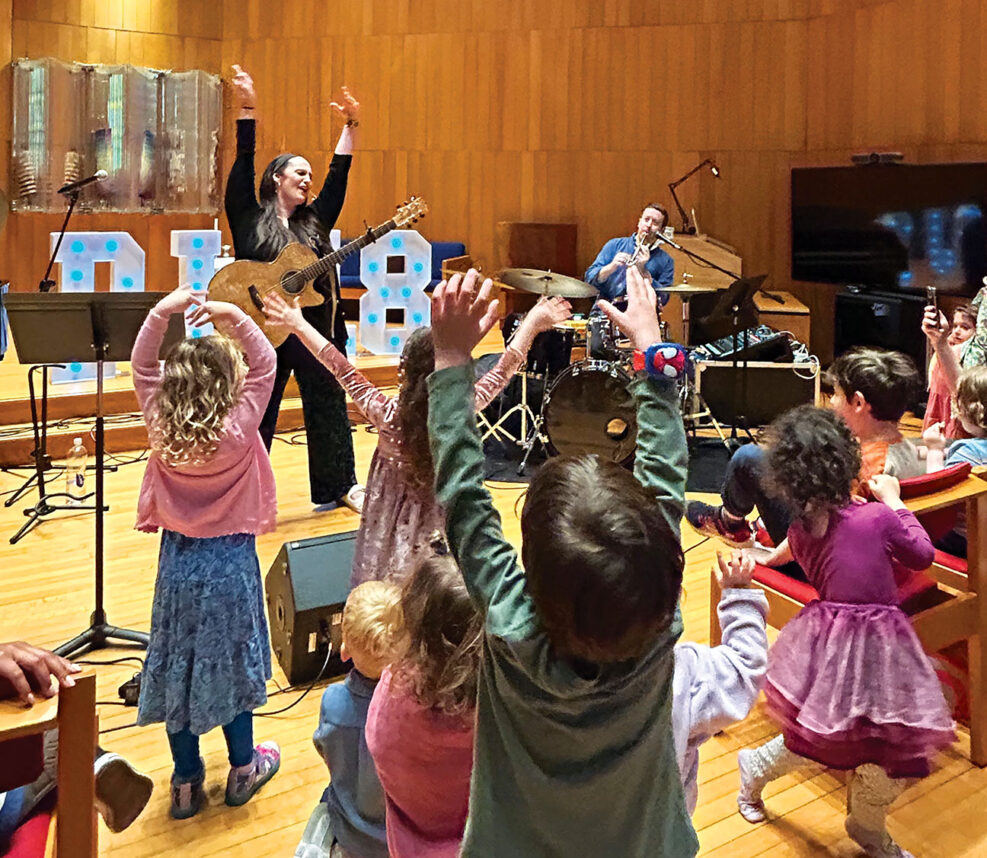

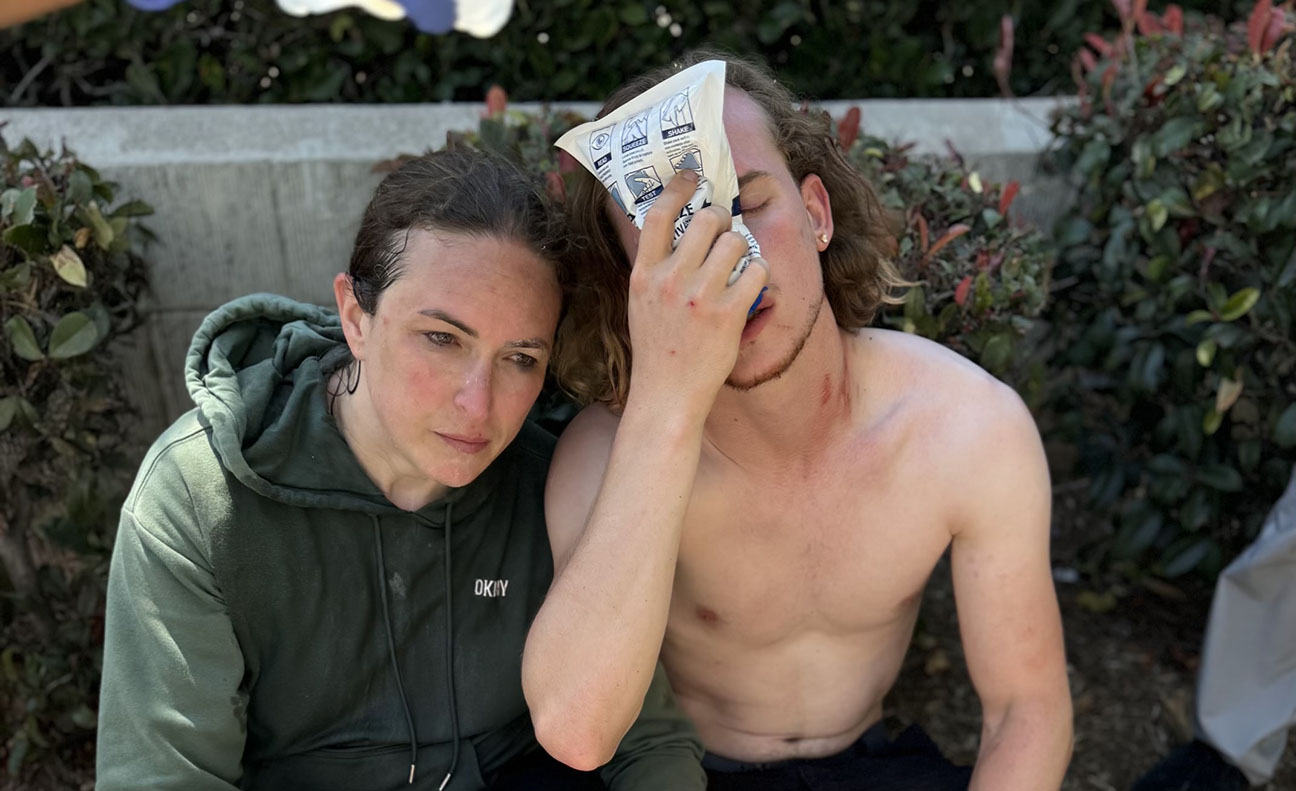




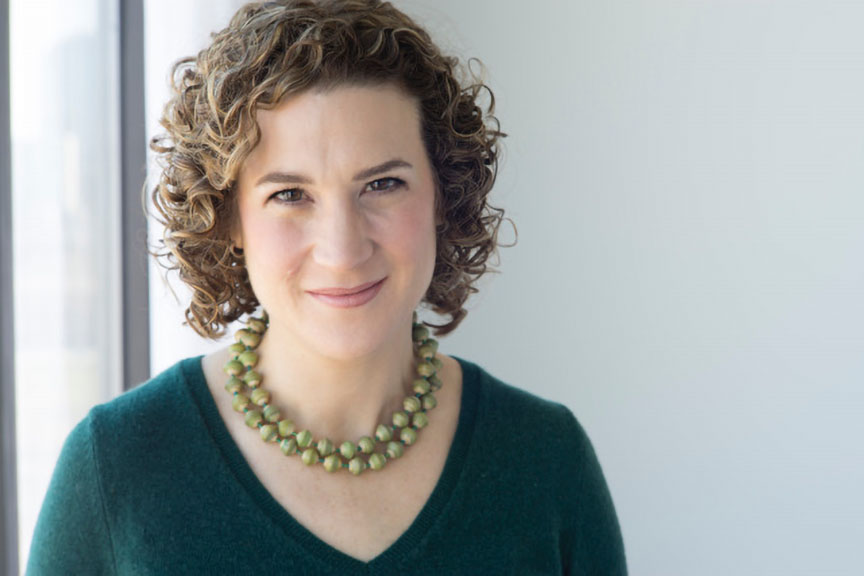
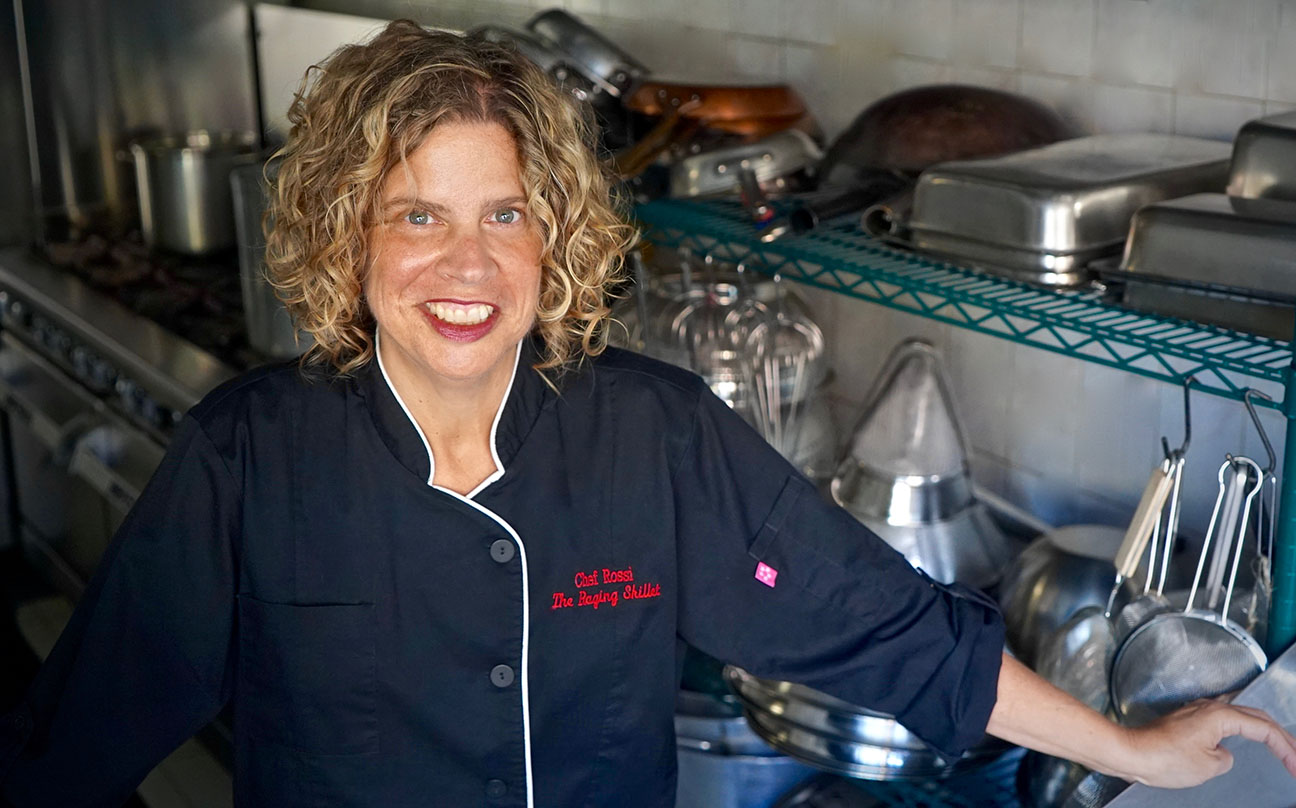
 More news and opinions than at a Shabbat dinner, right in your inbox.
More news and opinions than at a Shabbat dinner, right in your inbox.